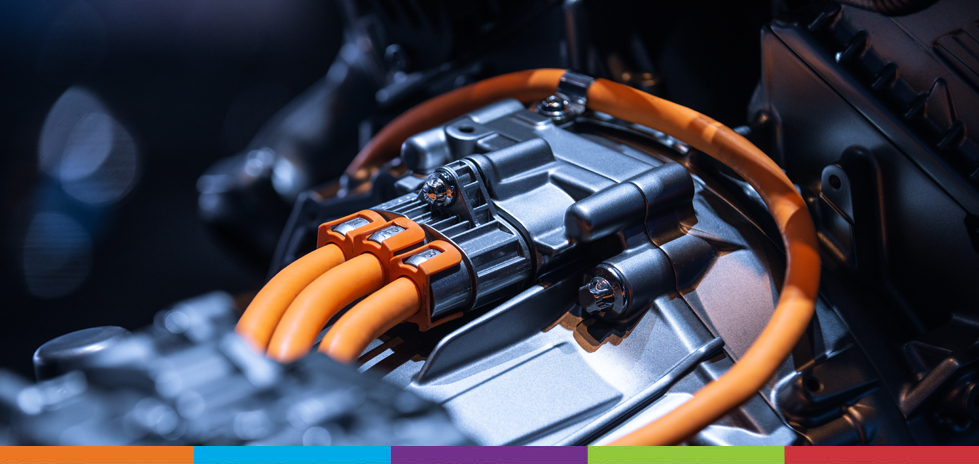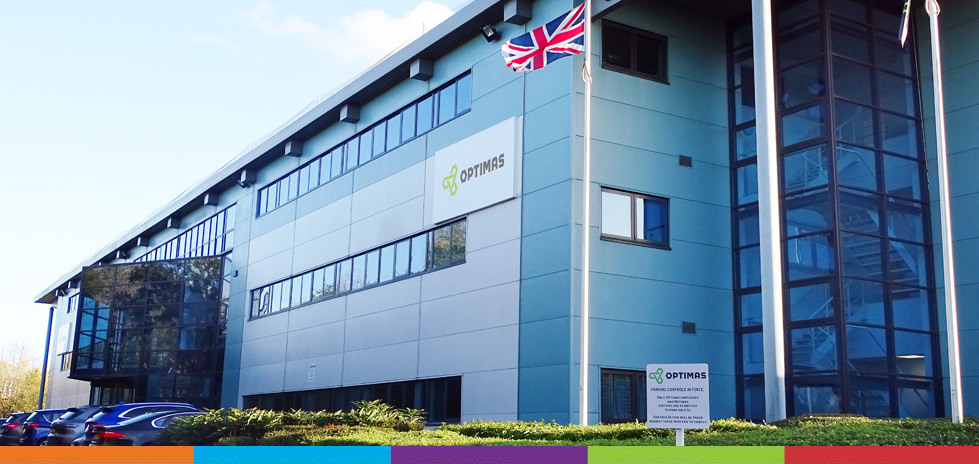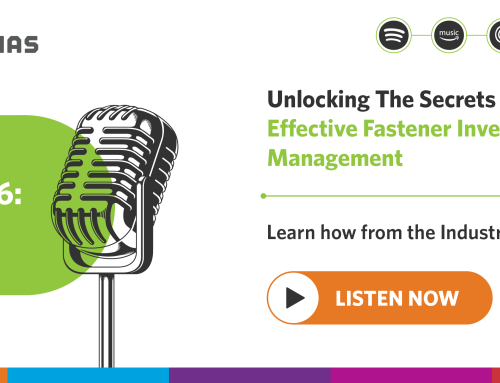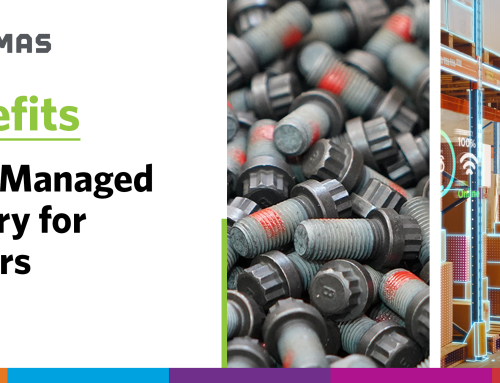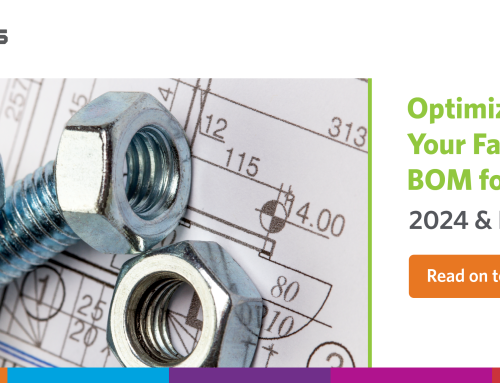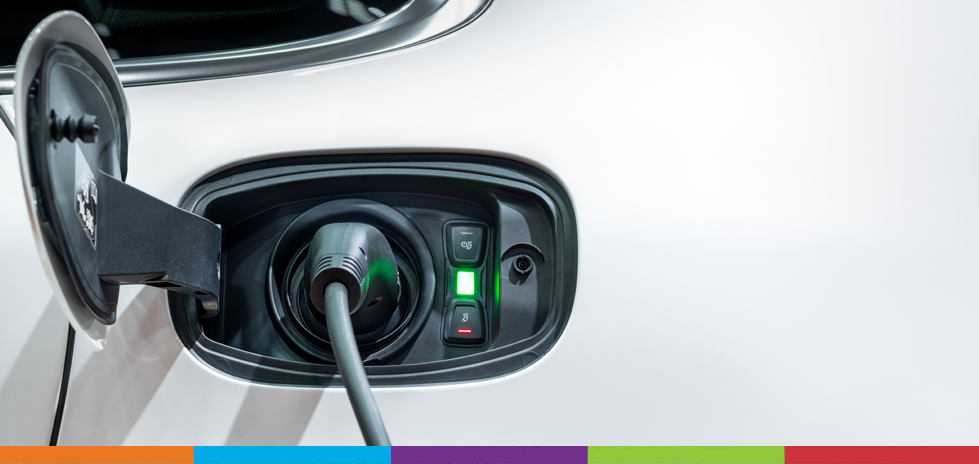
EV Startups: Challenges and Solutions
2022 is seeing a surge in the number of EV startups, as innovators seek to capitalise on the high demand for electric vehicles from both customers and governments. However, it’s an especially difficult time for all businesses in the manufacturing industry, never mind those just getting started. Having already grappled with the financial and logistical challenges brought on by the pandemic, manufacturers are arguably facing their toughest year yet.
From shipping delays and unforeseen custom charges to material shortages, supply chains have always been subject to disruption. However, these issues have exacerbated due to growing political instability in Europe. Now facing increasingly slow delivery, a rising cost of materials and inflation, even the most established manufacturers are facing intense uncertainty. Those relying on complex, global supply chains are finding it especially difficult to streamline their production process.
Alongside these issues, EV startups are facing their own unique challenges. There were 1.8 million EVs in Britain in June 2022, up from 750,000 in 2019. Electric vehicles may be soaring in popularity, but EV startups are facing significant financial challenges. Notwithstanding licensing, software and recruitment costs, launching a new vehicle can cost an EV startup $1 billion. Moreover, with established brands dominating the EV market, startups are under pressure to produce high-quality vehicles on a large scale. It’s never been more important for startups to reduce their outgoings and mitigate supply chain risks.
Here at Optimas, we’re experts in helping our partners improve their productivity and profitability. Our advanced inventory management systems coupled with our data-driven demand planning and forecasting tools can help you mitigate supply chain risks, saving you time, money and securing stock. In addition, our team of global engineers can work with you to guarantee you’re producing quality products, every time.
How we can help:
VMI
A VMI (Vendor Managed Inventory) guarantees that parts you need are delivered to the right place, at the right time through improved data visibility. Our OptiTech VMI solutions provide many benefits, such as:
- Cost Reduction: VMIs can massively reduce a business’ expenditure by reducing their Total Cost of Ownership. As a VMI sources parts for you automatically, it avoids wasting time and money on unnecessary steps and human resources. By using a single vendor, you can also avoid excess spending as your parts are collated in one automated order.
- Mitigating Risk: Using a VMI means that your chosen vendor assumes the cost and associated risk of managing your supply chain.
- Efficiency: By using a VMI, any part you need is ordered, delivered, stored and replenished automatically, as and when you need it. Here at Optimas, we source from 4000 global suppliers, ensuring you have access to a wide range of products of the highest quality.
Engineering Expertise
At Optimas, we know that the smallest parts can make the biggest difference. In one study, it was found that only 40% organisations understand the financial ramifications of making part quality a priority. We’re experts in optimising thermal conductivity and insulation for C-Class components, and our engineers will work with you towards regulatory-specific requirements to deliver reliable, quality parts for your vehicles.
Our engineers can help you produce parts that aren’t only light weight, but smaller to free up installation space, saving you money and guaranteeing optimum performance.
To find out more about our EV solutions, or to speak to one of our experts, click here. Partner with Optimas to lower your costs and streamline your supply chain.

